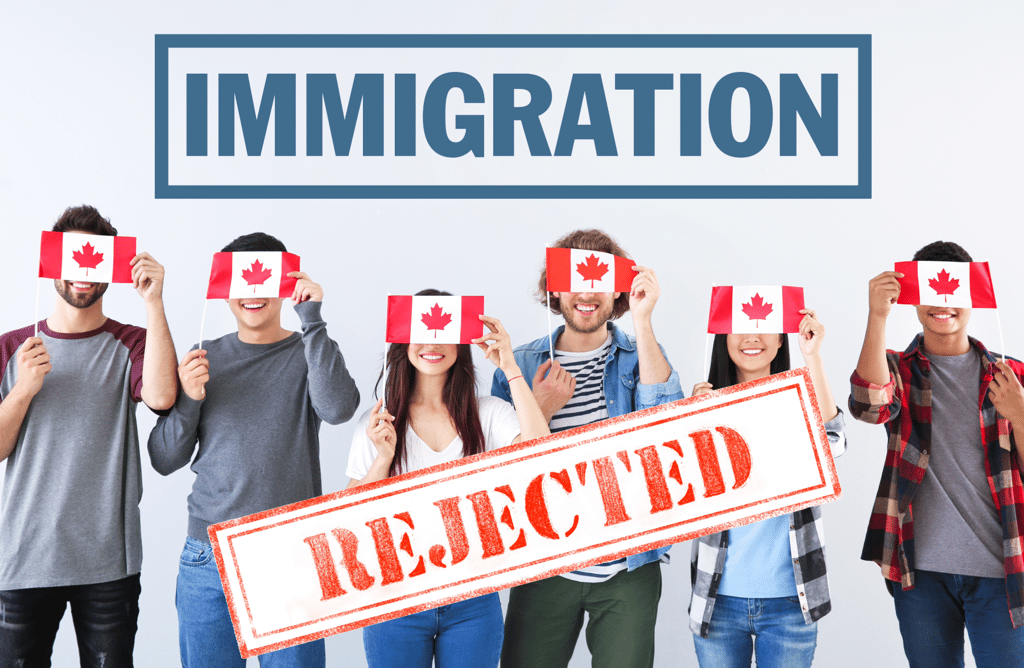
Denied Canadian Dream? 40% of Indian Student Visas Rejected Explained
40% of Indian student visa dreams dashed? Uncover the reasons and practical steps to overcome Canada's visa hurdles.


Dreams of maple syrup-soaked mornings and a Canadian education are facing a bitter reality for many Indian students. Recent data reveals a staggering 40% rejection rate for student visa applications from India, the highest among all countries. This raises a crucial question: why is Canada saying "no" to so many deserving students?
Unclear Reasons and Uncertain Pathways:
One significant issue is the opaque nature of rejections. Nearly half of these refusals fall under the vague category of "other" or "unspecified," offering students little chance to improve their applications. This lack of transparency fuels frustration and confusion, leaving applicants in the dark about what went wrong.
Furthermore, the allure of Canadian permanent residency (PR) often plays a part in students' aspirations. Overseas education agents may paint a rosy picture, portraying studying in Canada as a guaranteed path to PR. This creates unrealistic expectations and adds pressure to the visa application process.
A System Under Strain:
Canada's international student program has become a booming business, generating billions in revenue and supporting hundreds of thousands of jobs. However, this rapid growth has placed strain on the system.
Aggressive recruitment: Educational institutions are aggressively pushing for international students, leading to a flood of applications, some of them of questionable quality.
Unregulated agents: Foreign education agents, often operating with minimal oversight, may prioritize quantity over quality, submitting rushed and incomplete applications.
Financial burden: The high cost of tuition and living expenses further complicates matters, increasing the pressure on students to find low-paying jobs, putting added strain on the workforce and social services.
Towards a Brighter Future:
Fortunately, there are efforts underway to address these challenges:
Improved transparency: Immigration Minister Marc Miller is pushing for reforms to increase transparency and ensure designated learning institutions uphold rigorous standards.
Regulation of agents: Proposals are being considered to bring overseas education agents under provincial regulation, holding them accountable for their practices.
Responsible recruitment: Institutions are urged to adopt ethical recruitment practices and prioritize quality over quantity of applications.
For Indian students aspiring to study in Canada:
Research and choose: Carefully research and select reputable institutions with transparent admission processes.
Seek professional guidance: Consult experienced immigration consultants to ensure your application is complete and meets all requirements.
Realistic expectations: Understand that studying in Canada may not guarantee PR and plan your future accordingly.
Canada remains a land of opportunity, but navigating the current complexities requires careful planning and informed choices. By addressing the systemic issues and advocating for transparency, we can ensure that deserving students have a fair chance at realizing their Canadian dreams.
